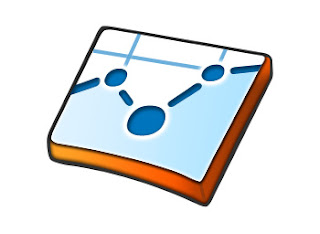 |
| Image: Search Engine People Blog. |
I always tell people to start with the basics:
- Visits - how many different visits there have been to your site in a given period. A visit is a session on your web site, which might include multiple page views.
- Visitors - a visitor is a person visiting your site. You'll want to check for new and repeat visitors, so that you can understand loyalty, and also understand how many visits it takes to convert a customer.
- Average time on site - This is how long the average visit lasts. It's good to keep an eye on this - short visits could mean that people aren't engaging with your site the way you want them to.
- Bounce Rate - this is the rate of site visits that only include one page. Bounce rates for blogs are typically high as people read that day's post and leave, but a high bounce rate on an e-commerce site means that people are leaving your site without buying. If this is the case, you need to figure out why. Are you, for example, rickrolling people who come to your site from ads or email?
- Pageviews - this is the total number of pages viewed on your site during a given timeframe. Ultimately, this isn't a very useful number - numbers like Visits and Visitors are more instructive as to your traffic. However, this is always the highest number in your stats, and I find it's the one that the people in the corner offices always want to hear about.
- Traffic Sources - this is the most important data you have. This tells you how people are finding your site - through your email campaigns? Via Facebook? Through search? online ads? Further to this, once you connect traffic sources with conversions, you'll find out what's really working for you. For example, if you find that email isn't your biggest source of traffic, but it is the one responsible for the most conversions, then you know you need to concentrate your marketing efforts on building your email list - your customers may need to hear from you on email a few times before they are ready to buy.
How are you using analytics to drive your business? Let me know in the comments or contact me and I'll show you what to do.
No comments:
Post a Comment